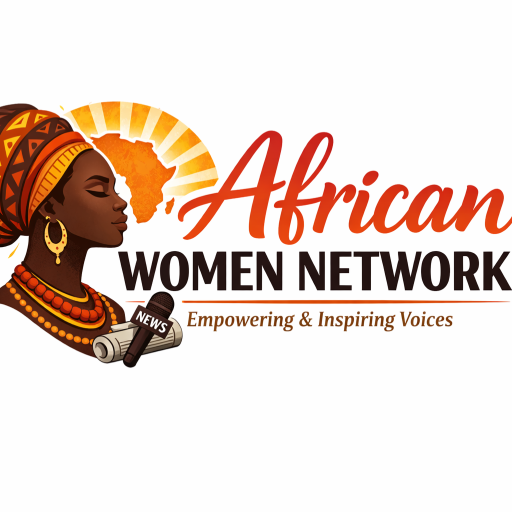
The Global Findex Database highlights major progress in digital finance but reveals that African women still face significant barriers to financial inclusion, especially in account ownership.
Launched in 2011, the Global Findex is the world’s most comprehensive dataset on how adults save, borrow, make payments, and manage risk. Updated every three years across over 120 countries, the latest 2021 edition delves into the impacts of the COVID-19 pandemic, the acceleration of digital finance, and enduring gender disparities.
According to the World Bank’s Global Findex Database 2021, global financial inclusion is improving however,significant barriers remain. In Sub-Saharan Africa, the exclusion of millions of women from formal financial systems highlights one of the region’s most pressing challenges.
One of the report’s standout findings is the explosive growth of digital financial services, powered by mobile money platforms. Sub-Saharan Africa leads globally in mobile money adoption, with over 33% of adults using these services. This technological leap has transformed financial access and created new pathways for economic participation.
The Gender Divide: Ongoing Challenges
Despite advancements, the gender gap in financial account ownership is still significant. Globally, 74% of men and just 68% of women have an account; in Sub-Saharan Africa, the divide is even more pronounced. Cultural norms, lower mobile phone ownership among women, limited financial literacy, and lack of necessary documentation are major barriers.
In rural areas, many women rely on informal savings groups or partners to manage their finances, increasing their vulnerability and stifling their independence. This dependence restricts opportunities for entrepreneurship and limits broader economic development.
Why Women’s Financial Inclusion Matters
Financial inclusion goes beyond simply owning a bank account,it’s a pathway to economic freedom. For African women, access to tools like digital wallets, savings products, microloans, and insurance can be truly transformative. These services empower women to launch and grow small businesses, build resilience through financial safety nets, and invest more in their children’s health and education. Perhaps most importantly, financial inclusion amplifies women’s voices in both household and community decision-making, strengthening their role as economic and social leaders.Research consistently shows that when women are financially included, entire communities benefit.
Technology and Innovation: Tools for Change
Technology offers a powerful solution to close the financial inclusion gap,but only if women can access and use it. Breakthroughs like mobile money such as M-Pesa , digital identity initiatives, and gender-focused fintech products are making a difference.
However, to truly empower women, these tools must be paired with digital literacy, education, and supportive policy reforms. Financial institutions and governments must design inclusive systems that address the unique needs of women, particularly in rural and low-income communities.
Moving Forward: Turning Data into Action
The Global Findex Database provides invaluable data on financial inclusion, but turning insights into impact now depends on action from governments, banks, NGOs, and the private sector. To advance financial equity for women especially in underserved regions like Sub-Saharan Africa,several priorities must be addressed. First, bridging the mobile phone ownership gap is essential, as digital access often serves as the first step toward financial participation.
Expanding digital ID systems can also make it easier for women to open accounts and access services securely. Equally important is investing in financial literacy programs specifically tailored to women’s needs and realities. Financial products must also become more gender-responsive, with offerings such as group lending, flexible savings plans, and low-barrier credit options. Finally, robust policy frameworks are needed to protect women’s financial rights and ensure they are not left behind in the evolving digital economy.
Empowering women is central to Africa’s economic future. The Global Findex reveals positive momentum, but also highlights the urgent need for faster, more inclusive progress. By breaking down barriers to financial access and prioritizing women’s inclusion, Africa can unlock the full potential of its women,as entrepreneurs, innovators, and leaders for tomorrow.




